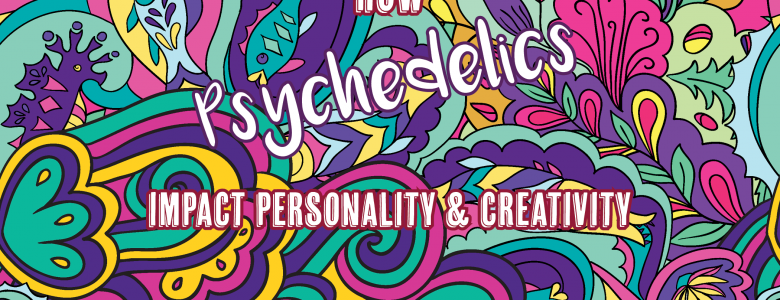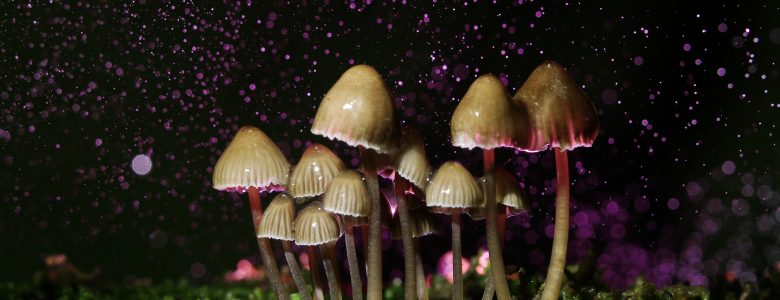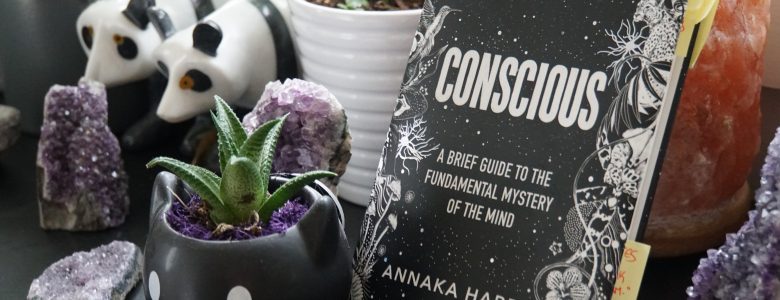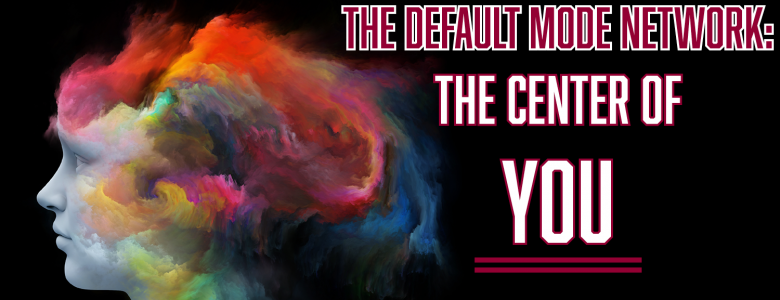June 6, 2020
Think With Your Gut
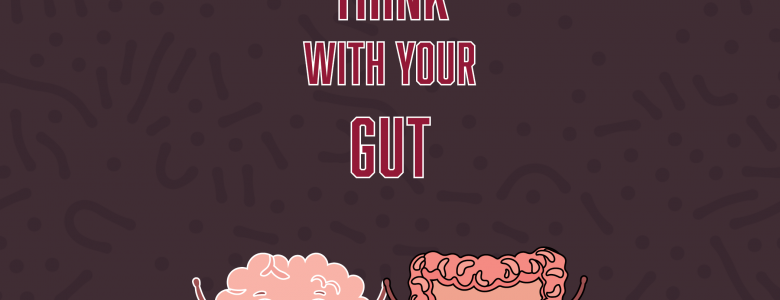
Our bodies are essentially an apartment complex for 100 trillion micro bacteria that have found a home within our intestines.
Before you start writing up an eviction notice, it’s worth noting just how much we – and every other organism with a digestive system – depend on gut microbiota.
Recent research shows gut microbiota influence our mood, behavior, and neurodevelopment. While it may seem these microscopic critters run our lives, the gut microbiome is largely influenced by environmental factors including diet, stress, geography, and age, among others.
Instead of accusing your gut microbiota of being bad tenants, ask yourself: “Have I been a good landlord? What are they trying to tell me?”
Learn to think with your gut, not against it.

